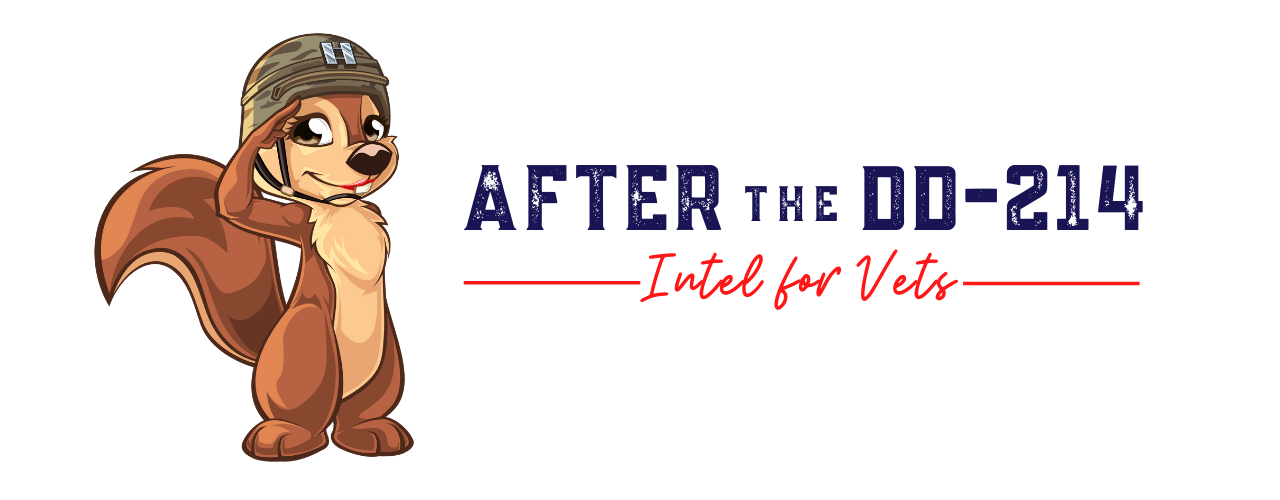I first met Sandra, Assistant Director of Veterans’ Services at Santa Fe College, two summers ago when I attended the Florida Association of Veterans Educational Specialists (FAVES) annual conference for the first time.
On the first day of the conference, they asked us to rise for the national anthem and directly between me and the flag stood this woman.
She was wearing dress clothes but her back was so ramrod straight, I knew I had found a fellow veteran.
When we had a break, I went over and introduced myself and it turned out Sandra is a retired Marine Corps Sergeant Major and veteran of Operation ENDURING FREEDOM.
The fact that she had also used VA education benefits to go to school and now works for a college with an excellent student veteran program made her the perfect choice for my first interview.
And, luckily, despite having exams to study for, she agreed. Below is the transcript of our interview.
After you retired from the military, you used your Post-9/11 GI Bill to study Business Administration at the University of Florida. What would you say was the most challenging part of your transition from servicemember to student veteran?
I actually went to school on the Montgomery GI Bill.
The Post 9-11 GI Bill had not come out yet.
The most challenging part for me in my transition was dealing with a society that functions differently than our military culture. I had to lower my expectation of people (people not willing to go the extra mile to help because “it’s not in my job description”).
I additionally had a hard time dealing with the lack of respect in our society, especially in the classrooms.
And lastly, I missed the camaraderie that I had enjoyed for so many years (basically, I missed my Marine family).
Was there a veterans’ resource that was instrumental in helping you during that transition? If so, why? If not, what type of veterans’ resource would have been helpful?
The Veterans Affairs Office at Santa Fe [College] was instrumental in helping me transition.
They not only answered the questions I had about school and made processing my educational benefits easy, they provided a safe haven for the veterans in their office. I could go there to bond with other veterans and hearing them also made me realize that I wasn’t the only one experiencing what I was going through.
Through the VA office, I also got connected with other VA organizations in the community.
Looking back, was there anything you could have done while still on active duty that would have made the transition easier for you?
Some of the things that I could have done were the following:
I could have done a better job at researching things like medical facilities and other resources available in the area that I was moving to.
Getting more information on how medical, dental, insurance and other benefits work on the civilian side of the house.
Becoming knowledgeable about the benefits I rated prior to the TAP/TAMP classes so that I knew what questions to ask. (You are so bombarded with so much info right at the end that you sometimes just want to get it over with.)
As a veterans advocate and Veterans Affairs (VA) School Certifying Official, you now help other vets make the same transition. What would you say is the most common misconception these veterans have about their VA education benefits?
Veterans aren’t being told that, if they rate both the Montgomery GI Bill and the Post-9/11 GI Bill, it might be more beneficial to use the Montgomery GI Bill first and then get an additional 12 months of chapter 33 [Post-9/11] depending on their educational goals.
Veterans don’t realize that they actually have to apply for their benefits. They just assume that they just have to show up to school with their DD-214 and everything else is already done.
They don’t think they qualify for financial aid. They either feel that it is considered “double-dipping” or they don’t know that they can do an appeal for a waiver of their last year’s military income.
They don’t know about the VA work-study program.
Other benefits aside from that they are not aware of are unemployment and the different VA housing programs available. [She is specifically referring to the VA’s Healthcare-Case Management-Housing Program.]
Your daughter, Dorinda, just graduated from the Naval Academy. What advice would you give her and her peers to help them make the most out of their military service and prepare them for their future transition as the next generation of veterans?
- Make the most out of every opportunity you are offered while on active duty (this would include opportunities to further her education).
- Know all your benefits before you leave the active duty ranks.
- Prepare for retirement from the very beginning (invest).
- Research well the area you are planning to settle into.
- Save money for your transition (down payment on house, moving expenses, enough in your emergency savings to cover unexpected expenses).
- Always have an up to date resume.
- Start conducting your job search 3 months out.
- If you are planning to go back to school, make sure you are either a resident of that state or moving to a state that has in-state fees for veterans.
Note: See the Post-9/11 vs MGIB and Beyond VA Education Benefits posts in the Education & Training Area of Interest for more information on some of the topics mentioned in the interview.
© 2013 – 2020, Sarah Maples LLC. All rights reserved.

No Comments